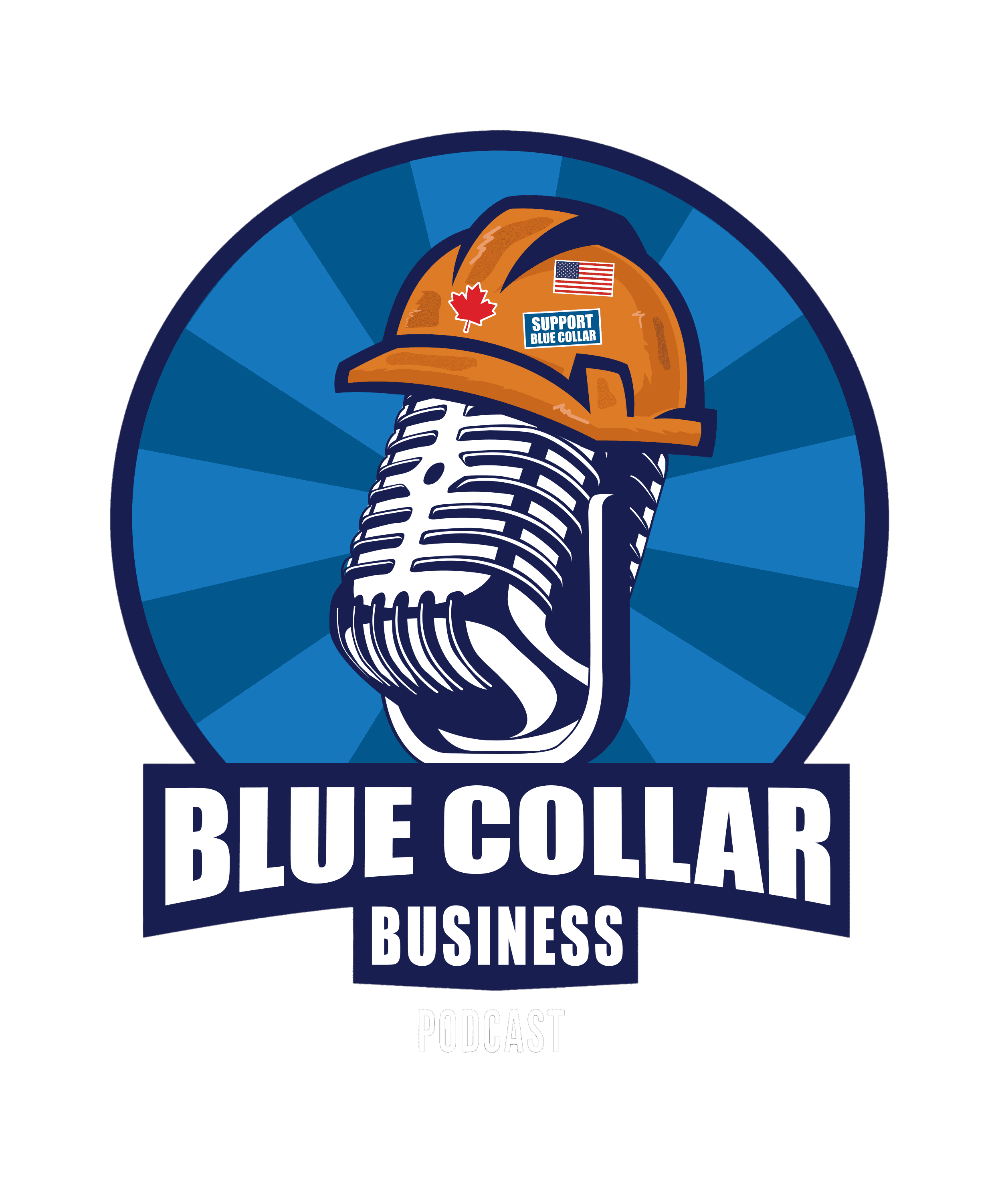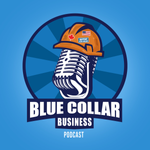The remarkable journey of Bear Iron Works exemplifies how practical innovation solves real-world construction challenges. Father-son team Mike and Roggen Frick transformed what began as a side hustle into a thriving American manufacturing enterprise by identifying crucial equipment gaps in the construction industry.
Mike's extensive background in construction and mining provided the technical expertise, while Roggen's business and marketing acumen created the foundation for their unique partnership. What started with rock screens—devices that separate materials by size—has evolved into a comprehensive product line serving contractors nationwide. Their equipment now ranges from screening devices that process materials from 4-inch rocks down to fine 1/8-inch particles, specialized bedding boxes for mini excavators in tight spaces, to innovative material handlers that revolutionize job site efficiency.
The success of Bear Iron Works stems from addressing problems most contractors face daily. Their products serve remarkably diverse applications: from major mining operations and construction giants like CEMEX, to National Park Service restoration projects, and even homeowners tackling garden projects. One of their rock screens was even helicoptered into the Grand Canyon for a water treatment facility project, highlighting the versatility of their American-made equipment.
What truly distinguishes Bear Iron Works is their commitment to quality, service, and transparency. While many competitors outsource manufacturing overseas, the Fricks maintain entirely domestic production using American steel. Their e-commerce platform provides clear information about inventory and manufacturing schedules, and they pride themselves on having real humans answer customer calls—an increasingly rare service in today's automated business environment.
Discover how this father-son team balances family dynamics with business growth, and how their lean manufacturing approach delivers solutions contractors can depend on. Use code "bluecollar" at bearironworks.net for 5% off your entire order and experience American-made quality that's revolutionizing construction equipment.
Blue Collar Performance Marketing
Click the link below for a free marketing audit with insights to boost your blue collar business!
PodcastVideos.com
Put your show in front of audiences that care with PodcastVideos.com's wide range of podcasts!
Disclaimer: This post contains affiliate links. If you make a purchase, I may receive a commission at no extra cost to you.
Follow and stay connected:
Never miss an update—follow, subscribe, and join the conversation!
More About this Episode
From Side Hustle to Industry Leader: The Bear Iron Works Journey
When you think about starting a business from scratch, the story of Bear Iron Works might just be one of the most inspiring out there. What began as a side hustle in a small shop has evolved into a thriving company that serves a wide range of industries, from agriculture to construction and mining. This story isn’t just about hard work and ingenuity; it’s also about family, innovation, and a relentless commitment to quality.
The Genesis of Bear Iron Works
Mike, one of the founders of Bear Iron Works, has been deeply rooted in the construction industry his whole life. From working underground in coal mines to managing large construction projects for companies like Kiewit, he’s been involved in the industry since high school. His background as a welder and his experience in various facets of construction made him a natural innovator.
The seed for Bear Iron Works was planted when Mike noticed a simple problem that many in the construction and agricultural industries faced: efficiently screening rock and debris. During a golf tournament, he spotted a small rock screen on a skid steer at the golf course and thought, Why hasn’t anyone developed a compact, versatile version of this for everyday contractors?
And just like that, the idea was born. Mike designed a small rock screen that could be used with skid steers, and he quickly found a demand for it. Initially, he sold a few screens through Ritchie Brothers Auctions and Craigslist, but he knew he had something much bigger on his hands.
Enter Roggen: The Next Generation
While Mike was perfecting the product, his son Roggen was in college studying construction management at Colorado State University. Growing up around heavy machinery and welding, Roggen was no stranger to hard work. When Mike offered him a chance to help build the rock screens and grow the business, Roggen saw the potential and jumped in.
Roggen’s biggest contribution was leveraging modern technology. He built the company’s first website and began selling the screens online. As orders started pouring in, he realized that what began as a small side project was rapidly becoming a full-fledged business. From there, he helped streamline production, hired part-time welders from the college, and kept things moving—sometimes welding until two or three in the morning just to meet demand.
Finding a Niche
Bear Iron Works didn’t just make rock screens—they perfected them. Traditional rock screens, also known as “Grizzlies,” were designed to filter out larger rocks but often didn’t accommodate finer material. The team developed a removable screen that could go from filtering four-inch material to just an eighth of an inch.
These screens found their way into industries far beyond traditional construction. One screen even made its way to the Casa Grande National Ruins in Arizona, where it was used to sift fine material for pottery-making by local tribes. Another was helicoptered into the bottom of the Grand Canyon to assist with a water treatment facility. Whether it’s separating coal cinders for shingles or screening compost for farmers, Bear Iron Works products have proven their versatility.
Expanding the Product Line
Once the rock screens took off, Bear Iron Works started innovating in other areas too. One notable invention was a compact bedding box designed specifically for mini excavators. Traditional bedding boxes were too large and unwieldy for smaller projects, but Bear Iron Works’ version offered a practical, efficient solution.
They also developed a unique construction entrance solution, inspired by Mike’s experience working on a massive $6 billion LNG project in Louisiana. The site needed a durable, non-plastic solution to handle heavy equipment, and Mike’s design answered that call.
More recently, they launched a material handler for mini excavators—a versatile attachment that can carry anything from gravel to fence posts. With practical flip-up tabs for securing loads, it’s another example of Bear Iron Works’ commitment to designing practical solutions for everyday challenges.
Challenges and Lessons Learned
Running a business, especially as a family, is no easy feat. One of the keys to Bear Iron Works’ success is the strong relationship between Mike and Roggen. They’ve managed to balance being business partners and family by clearly defining roles and responsibilities. They communicate openly and treat the business as a professional endeavor, not just a father-son project.
Of course, not every idea hits the mark. One of their recent projects—a snow pusher attachment for skid steers—didn’t perform as well as expected. They launched it during the winter season, but due to competition from established brands and the challenges of marketing a new product, sales were underwhelming. Rather than giving up, they view it as a learning experience and plan to revisit the product next year.
Keeping it American-Made
One of the most admirable aspects of Bear Iron Works is their dedication to keeping their products American-made. In an industry flooded with overseas competition, they take pride in using American steel and manufacturing everything domestically. Not only does this support local industries, but it also ensures the quality and durability that their customers expect.
This commitment has paid off in more ways than one. Their products aren’t just durable—they’re backed by reliable customer service. Roggen makes it clear that if you call Bear Iron Works, you’ll speak to a real human being who understands the product, not a faceless call center.
Staying Lean and Focused
Efficiency is at the heart of Bear Iron Works. Roggen’s construction management background taught him the importance of lean manufacturing, and they’ve applied that principle throughout their operations. Whether it’s using CNC plasma tables for precision or focusing on simple yet effective product designs, they strive to cut waste wherever possible.
Their philosophy also includes listening to customer feedback and continuously improving. They understand that the construction industry doesn’t need overly complicated machinery—it needs reliable, straightforward solutions.
Words of Wisdom
For anyone sitting on a great idea or feeling stuck in their current role, Roggen’s advice is simple: Identify your strengths and weaknesses and find people who complement your skills. Building a business isn’t a solo journey, and finding trustworthy partners is essential.
Mike adds that staying focused and always being willing to learn is key. Even with decades of experience, he believes in keeping an open mind and learning from every project.
What’s Next for Bear Iron Works?
The future looks bright for this father-son duo. Whether they’re refining current products, exploring robotic welding technology, or inventing new solutions for contractors, Bear Iron Works is committed to keeping American manufacturing strong.
If you’re in the construction, agricultural, or mining sectors, Bear Iron Works is a name you’ll want to remember. Their commitment to quality, efficiency, and American craftsmanship sets them apart in an industry that often sacrifices quality for cost.
To check out their innovative products and support an American-made business, visit Bear Ironworks. Use the code BLUECOLLAR for a 5% discount on your order—a small token of appreciation from Bear Iron Works to the hardworking blue-collar community.
In the words of Roggen and Mike, “Stay focused, keep learning, and never stop innovating.”



Member discussion: